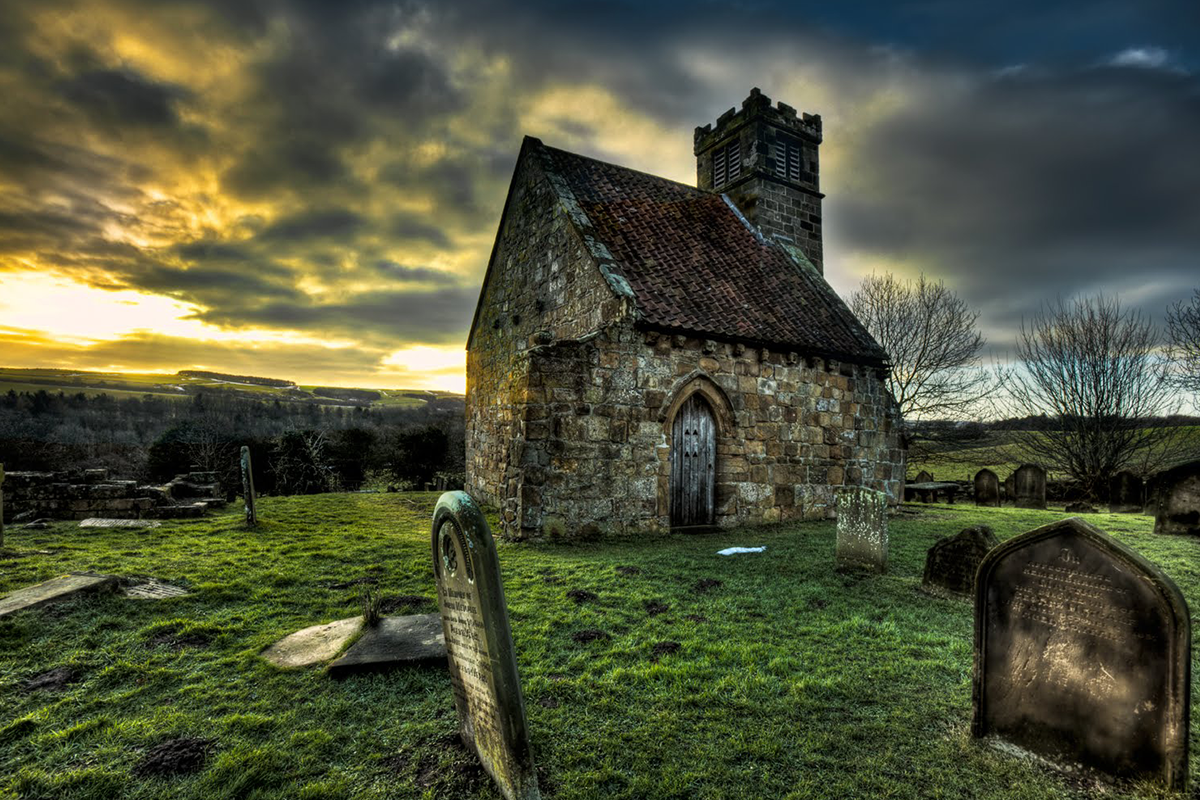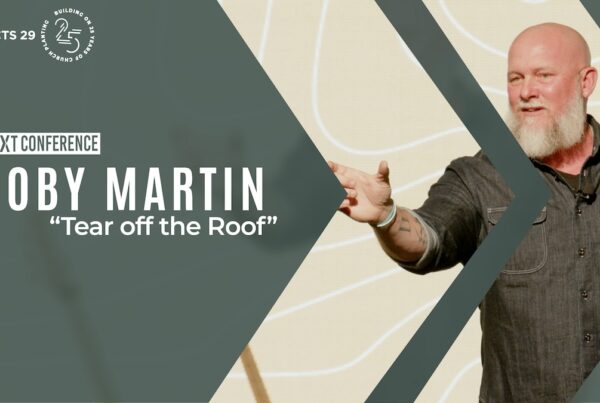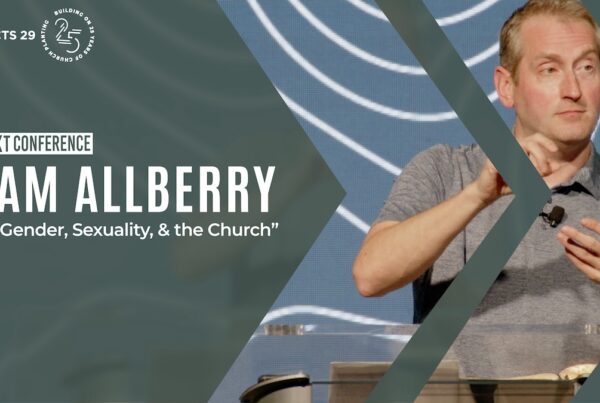If you want to understand the United States South, you need to read southern authors. Folks like Mark Twain, Tennessee Williams, William Faulkner, Flannery O’Conner, Katherine Anne Porter, and Walker Percy. O’Conner summarized our religious culture best when she wrote:
“While the South is hardly Christ-centered, it is most certainly Christ-haunted.”
What did she mean by that?
Consider Hazel Motes, the main character in O’Conner’s first novel, Wise Blood. Hazel is haunted by the legacy of his evangelist grandfather who “had ridden over three counties with Jesus hidden in his head like a stinger.” He despised both the preacher that his grandfather epitomized and the Jesus that the old man preached – a Christ who paid to redeem your soul, and now comes to collect. Yet, Hazel could never quite run (or drive) far enough away. Throughout his life, this Jesus stalks him as “the ragged figure who moves from tree to tree in the back of his mind.” And despite himself, Motes would become a preacher.
Mocking the old forms of his tent revival roots (even down to his suit), Haze announced “a new Jesus” and a new church: The Church of God Without Christ. Salvation without a savior for souls without sin! But in that bitter irony, so peculiar to Southern Gothic, we later discover that under his shirt, the anti-preacher wore barbed wire, and in his shoes he packed shards of glass and rock. This self-inflicted punishment was “to pay,” he explained. Despite his earlier insistence to the contrary, Haze would finally confess, “I am not clean.” His previously nonexistent soul needed atonement.
Motes’ tortured caricature of southern Christianity, in all of its grotesque proportions, is dead-on. Here in the Bible Belt, Hazel’s Church without Christ is new in name only. The “Jesus” on our lips is more dead-letter creed than the living Person. The Christ “in our hearts” is more ritual and rule than risen Lord and King.
Yet, we know He’s still out there…forever lurking in the back of our uneasy consciences. We are haunted. Like Hazel Motes, we’re on the run. And what better place to hide than the church?
We understand with Hazel that the best way to avoid Jesus is to avoid sin. Only sinners need a savior. If we can redefine sin as manageable behavior, according to our own preferences and predilections, we can steer clear of Him. We can be “good Christians” without Christ.
American Christianity has been aptly labeled by sociologists as Moralistic Therapeutic Deism. Tyler Jones has refined the label in application to southern Christianity, referring to it as “quaint moralism.” If you’re Old South, this quaint moralism looks like avoiding stereotypical taboos like, “don’t drink, smoke or chew, or go with girls that do.” If you’re New South, it’s a bit more complicated. Tolerance, open-mindedness, authenticity, transparency and suspension of judgment – these are the shared values of our culture. And we dutifully perform them in our own southern way.
We are very careful to show grace toward others, to self-deprecate and not be outshone in humility, to carefully construct our “authenticity” in front of others. In our dedication to modesty, we insist with Jesus, Do not perform your righteous acts before men to be seen by them! Yet this is precisely what we’re doing all the time.
We tend to be far more interested in appearing to lead moral lives than actually living them.
Truth be told, the South (New or Old) isn’t so much concerned with morality as with the pretense of morality. We tend to be far more interested in appearing to lead moral lives than actually living them. In Dixie, appearance is everything. As Tyler Jones writes:
“Our churches are full of good-looking, upright, moral people. The tragic irony is that our goodness is our poison. A great many Southerners claim Christianity as their religion, mimicking righteousness on the surface while their hearts remain unchanged by the gospel of Jesus.”
Behind our careful façades, we know we’re not clean. We can’t outrun that ragged figure transfixed upon a tree. And it is our peculiar rules of image-maintenance, of sustaining the show of righteousness, which constitute the quaintness of our southern-fried morality. And if I keep the rules well enough – perhaps even enough to convince myself – then maybe I will be justified. Then maybe I can stop running. But of course, even our most compelling performances do not exorcise the Ghost.
What we need more than we know is to come face to face with Him. In our flight from God, we, like Saul, need to be wonderfully and fearfully interrupted by the living Christ. “Who are you, Lord?” I am Jesus…whom you are fleeing.
What we don’t need is yet another Church without Christ.
What we don’t need is yet another Church without Christ. We don’t need the heralding of a new Christ. We don’t need the old, moralistic Christ we’ve imagined. We need the gospel-truth, as we say in the South – the real deal.
And we need church-planters and gospel-preachers who’ll preach Jesus to us with all the outrageous honesty and nerve of a Southern-Gothic writer.
James (@jamesbwalden) pastors at Riverside Community Church in the Columbia, South Carolina where he lives with his wife Stacy and their three children (Luke, Wil, and Timothy). James serves as the Area Lead for South Carolina in the US Southeast Network.











